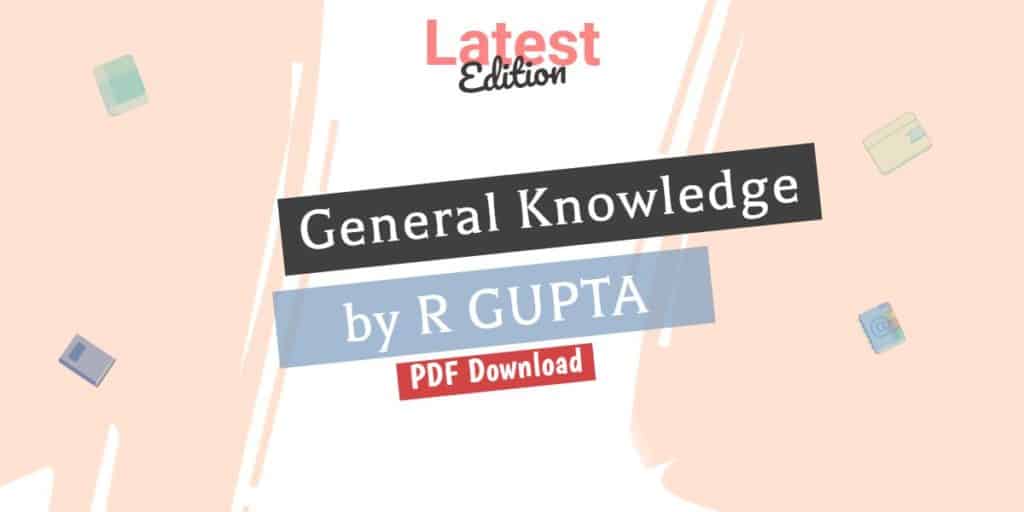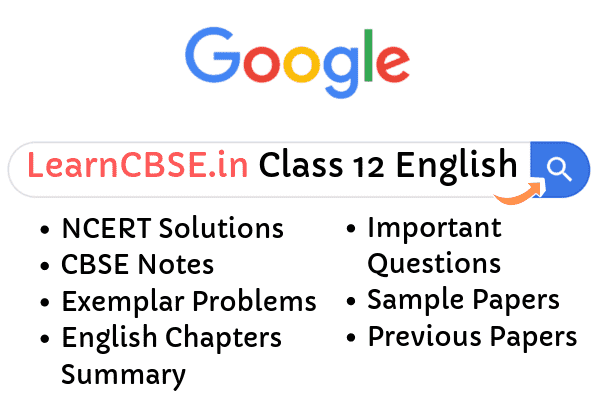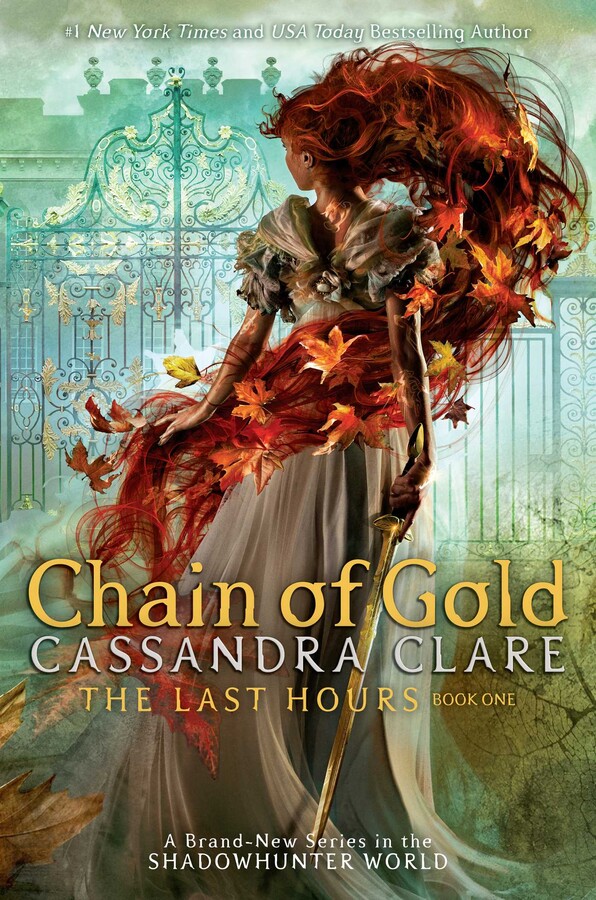NOTE: Since most course assignments require that you write a critical rather than descriptive book review, the following information about preparing to write and developing the structure and style of reviews focuses on this approach.
I. Common Features
While book reviews vary in tone, subject, and style, they share some common features. These include:
- A review gives the reader a concise summary of the content. This includes a description of the research topic and scope of analysis as well as an overview of the book’s overall perspective, argument, and purpose.
- A review offers a critical assessment of the content in relation to other studies on the same topic. This involves documenting your reactions to the work under review-what strikes you as noteworthy or important, whether or not the arguments made by the author(s) were effective or persuasive, and how the work enhanced your understanding of the research problem under investigation.
- In addition to analyzing a book’s strengths and weaknesses, a scholarly review often recommends whether or not readers would value the work for its authenticity and overall quality. This measure of quality includes both the author’s ideas and arguments and covers practical issues, such as, readability and language, organization and layout, indexing, and, if needed, the use of non-textual elements.
To maintain your focus, always keep in mind that most assignments ask you to discuss a book’s treatment of its topic, not the topic itself. Your key sentences should say, “This book shows…,” “The study demonstrates…,” or “The author argues…,” rather than “This happened…” or “This is the case….”
II. Developing an Assessment Strategy
There is no definitive methodological approach to writing a book review in the social sciences, although it is necessary that you think critically about the research problem under investigation before you begin to write. Therefore, writing a book review is a two-step process: 1) developing an argument about the value of the work under consideration and 2) clearly articulating that argument as you write an organized and well-supported assessment of the work
A useful strategy in preparing to write a review is to list a set of questions that should be answered as you read the book [remember to note the page numbers so you can refer back to the text!]. The specific questions to ask yourself will depend upon the type of book you are reviewing. For example, a book that is presenting original research about a topic may require a different set of questions to ask yourself than a work where the author is offering a personal critique of an existing policy or issue.
Here are some sample questions that can help you think critically about the book:
- Thesis or argument. What is the central thesis—or main argument—of the book? If the author wanted you to get one main idea from the book, what would it be? How does it compare or contrast to the world that you know or have experienced? What has the book accomplished? Is the argument clearly stated and does the research support this?
- Topic. What exactly is the subject or topic of the book? Is it clearly articulated? Does the author cover the subject adequately? Does the author cover all aspects of the subject in a balanced fashion? Can you detect any biases? What type of approach has the author adopted to explore the research problem [e.g., topical, analytical, chronological, descriptive]?
- Evidence. How does the author support their argument? What evidence does the author use to prove their point? Is the evidence based on an appropriate application of the method chosen to gather information? Do you find that evidence convincing? Why or why not? Does any of the author’s information [or conclusions] conflict with other books you’ve read, courses you’ve taken, or just previous assumptions you had about the research problem?
- Structure. How does the author structure their argument? Does it follow a logical order of analysis? What are the parts that make up the whole? Does the argument make sense to you? Does it persuade you? Why or why not?
- Take-aways. How has this book helped you understand the research problem? Would you recommend the book to others? Why or why not?
Beyond the content of the book, you may also consider some information about the author and the general presentation of information. Question to ask may include:
- The author: Who is the author? The nationality, political persuasion, education, intellectual interests, personal history, and historical context may provide crucial details about how a work takes shape. Does it matter, for example, that the author is affiliated with a particular organization? What difference would it make if the author participated in the events they wrote about? What other topics has the author written about? Does this work build on prior research or does it represent a new or unique area of research?
- The presentation: What is the book’s genre? Out of what discipline does it emerge? Does it conform to or depart from the conventions of its genre? These questions can provide a historical or other contextual standard upon which to base your evaluations. If you are reviewing the first book ever written on the subject, it will be important for your readers to know this. Keep in mind, though, that declarative statements about being the “first,” the “best,” or the “only” book of its kind can be a risky unless you’re absolutely certain because your professor [presumably] has a much better understanding of the overall research literature.
NOTE: Most critical book reviews examine a topic in relation to prior research. A good strategy for identifying this prior research is to examine sources the author(s) cited in the chapters introducing the research problem and, of course, any review of the literature. However, you should not assume that the author’s references to prior research is authoritative or complete. If any works related to the topic have been excluded, your assessment of the book should note this. Be sure to consult with a librarian to ensure that any additional studies are located beyond what has been cited by the author(s).
Book Reviews. Writing@CSU. Colorado State University; Book Reviews. The Writing Center. University of North Carolina; Hartley, James. “Reading and Writing Book Reviews Across the Disciplines.” Journal of the American Society for Information Science and Technology 57 (July 2006): 1194-1207; Motta-Roth, D. “Discourse Analysis and Academic Book Reviews: A Study of Text and Disciplinary Cultures.” In Genre Studies in English for Academic Purposes. Fortanet Gómez, Inmaculada et al., editors. (Castellò de la Plana: Publicacions de la Universitat Jaume I, 1998), pp. 29-45. Writing a Book Review. The Writing Lab and The OWL. Purdue University; Writing Book Reviews. Writing Tutorial Services, Center for Innovative Teaching and Learning. Indiana University; Suárez, Lorena and Ana I. Moreno. “The Rhetorical Structure of Academic Journal Book Reviews: A Cross-linguistic and Cross-disciplinary Approach .” In Asociación Europea de Lenguas para Fines Específicos, María del Carmen Pérez Llantada Auría, Ramón Plo Alastrué, and Claus Peter Neumann. Actas del V Congreso Internacional AELFE/Proceedings of the 5th International AELFE Conference. Zaragoza: Universidad de Zaragoza, 2006.






